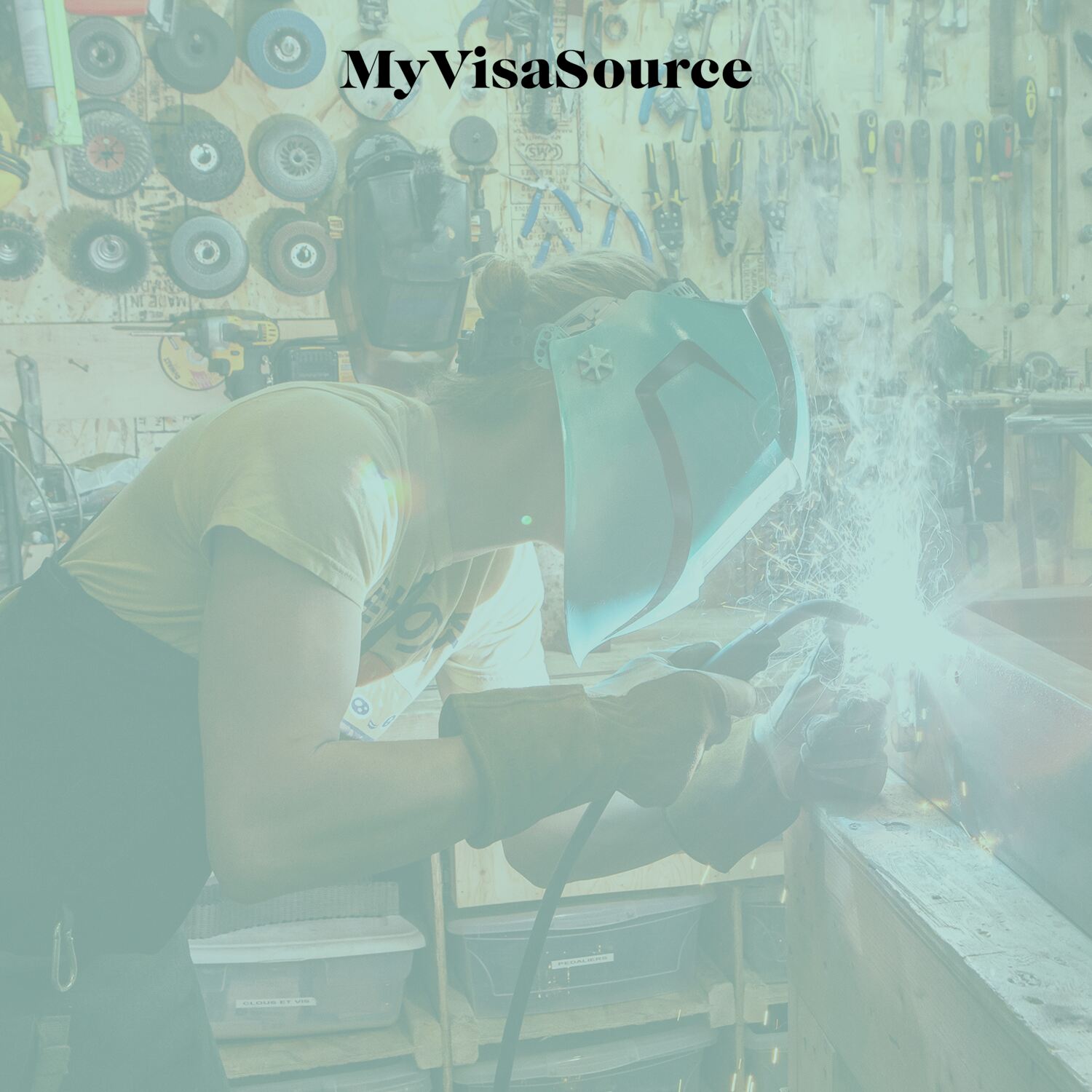As a foreign skilled tradesperson in Canada, you will be required to attain all the necessary licenses and certifications to practice your profession in a particular province. The certification standards of a tradesperson differ based on the province they plan on working in.
If you are moving to Alberta, you will be required to ensure that you meet the industry standards for practicing your trade. Alberta is one of the most strongly regulated provinces in Canada. To work in Alberta you must be certified by Alberta Apprenticeship and Industry Training (AAIT).
What is the Process to Get Authorization to Practice a Skilled Trade in Alberta?
Step 1: Gain Apprenticeship and Industry Training (AIT) Approval for Your Trade in Alberta
To practice your skilled trade as a foreign worker in Alberta, you must obtain one of the following certifications:
- Valid Alberta Qualification Certificate
- Valid Canadian provincial trade certificate recognized by Alberta
- Authorization letter from AAIT obtained by your employer before you arrived in Canada
- AAIT Qualification Certificate Program (QCP) approval letter that authorizes you to work under the supervision of a certified journeyperson
A QCP is valid for at least 1 year. To attain a QVP, you will be required to pass the QCP examinations and specified trade examinations. A QCP is requested in situations where you are unable to attain an authorization letter from AAIT.
Step 2: Find a Job in Alberta
Once you attain the proper certification to work in Alberta, it's time to look for the right job for you.
Some of the major industries in Alberta include: Ensign Energy, Clear Stream Energy, Kiewet, Husky Energy, Studon, Worley Parsons, Grant PTS, Flint Energy, Apache Corp, Harvest Energy, JV Driver, Syncrude, Trican, Kucker Steels, DLI Group, PTI Group, Suncor, NWR Partnership and Inter Pipeline Fund.
You can apply online if you are outside Canada. However, the best way to find a job is through networking.
Take a look at our regularly updated Latest Express Entry Draw Updates and our Canada PNP Draw Updates.



















